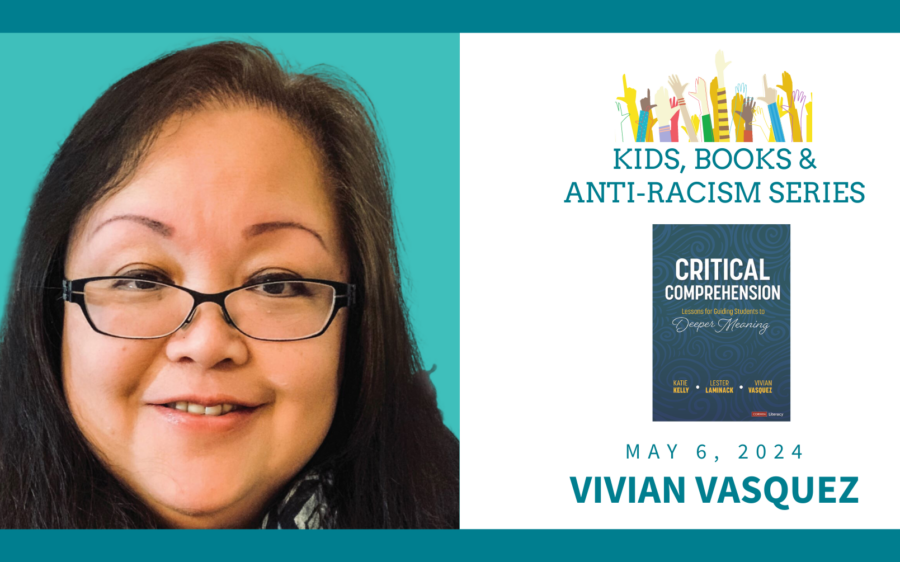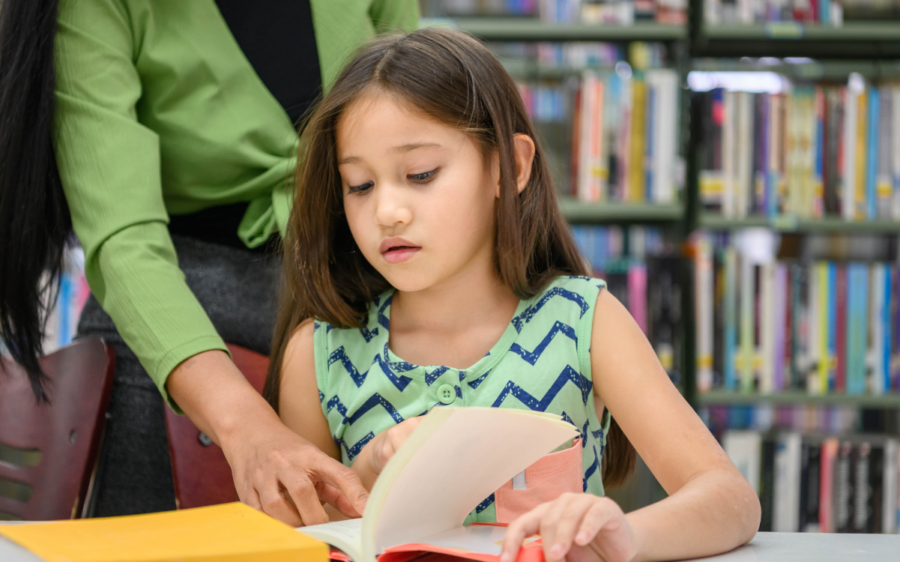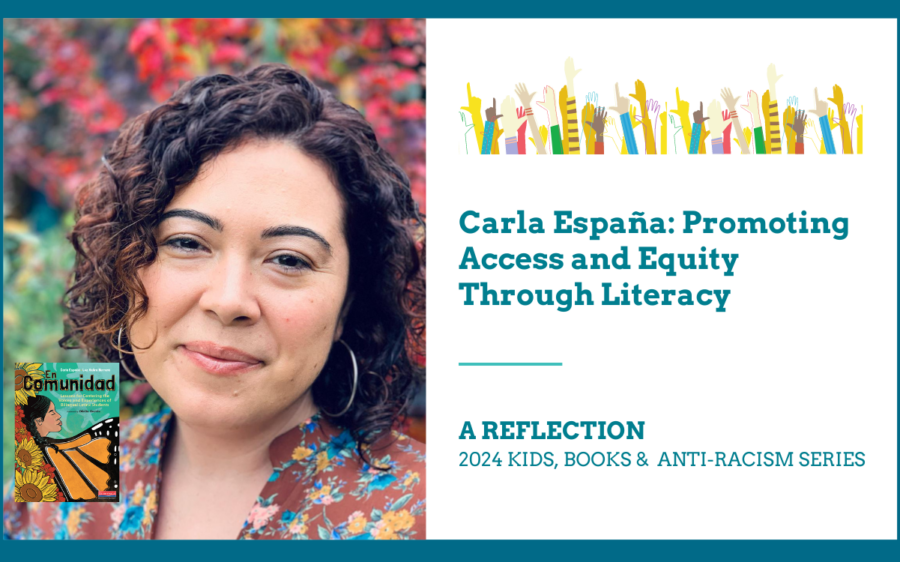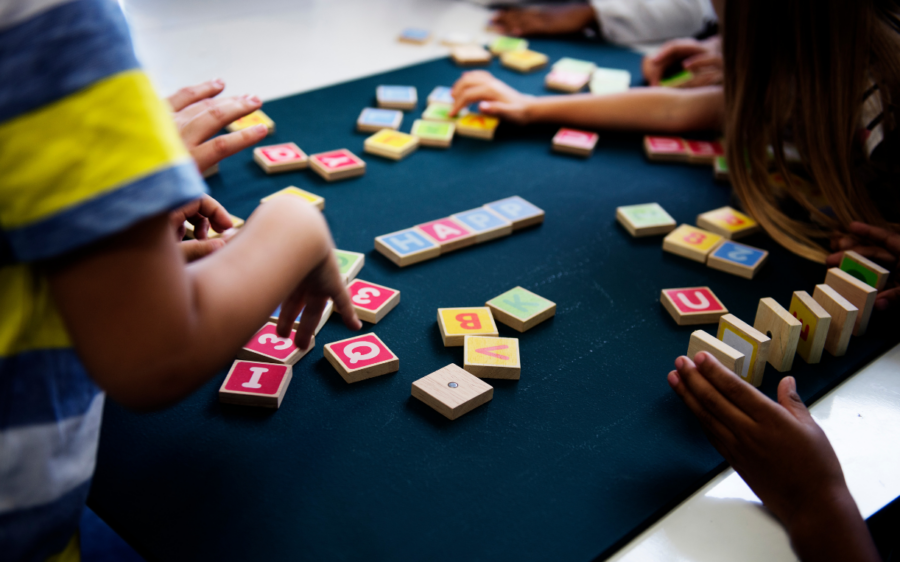Welcome to Our Blog
Reaching All Learners Through Independent Reading
Research highlights the significant benefits of independent reading, including improved literacy skills, greater empathy, and a lifelong love of reading.
Advice for Coaches: Helping Teachers Navigate the End-of-Year Homestretch
How can coaches help empower teachers to navigate the end-of-year homestretch? By creating opportunities for reflection.
Comprehension and Building Knowledge: From Acquiring Knowledge to Actively Using It
Literacy expert Stephanie Harvey explains the relationship between comprehension and knowledge building.
Seeking to Understand the Science of Reading
The 2024 book, “Fact-checking the Science of Reading: Opening Up the Conversation,” is an unbiased, accessible review of ten major claims associated with the Science of Reading movement.
Evidence-Based? Research-Based? What does it all Mean?
Are you puzzled by the terms, evidence-based and research-based? Read on for some clarity and a bit of friendly advice.
Centering What Matters to Children: How to Connect Your Teaching to Your Students’ Passions and Inquiry Questions
How do you decide what to focus on in your teaching? Our Kids, Books & Anti-Racism series speaker Vivian Vasquez starts by observing what her students care about.
Teaching for Fluency All Day, Every Day
Here are a few tips to integrate intentional teaching for fluency, without adding anything new to your day.
New Diverse Titles to Add to Your Classroom Library
Inspired by the first session in our Kids, Books & Anti-Racism Series, Literacy Coach Mary Cronin shares a few book recommendations of her own.
Facilitating Conversations about Race: Kids, Books & Anti-Racism Series
Jennifer Orr, our next Kids, Books & Anti-Racism Series featured speaker, discusses how books can serve as a starting point when facilitating conversations about race.
Carla España: Promoting Access and Equity Through Literacy
Looking back on the first session of our annual Kids, Books & Anti-Racism Series, professor and author Carla España focused on how to teach in a way that’s inclusive to children from different language backgrounds.













